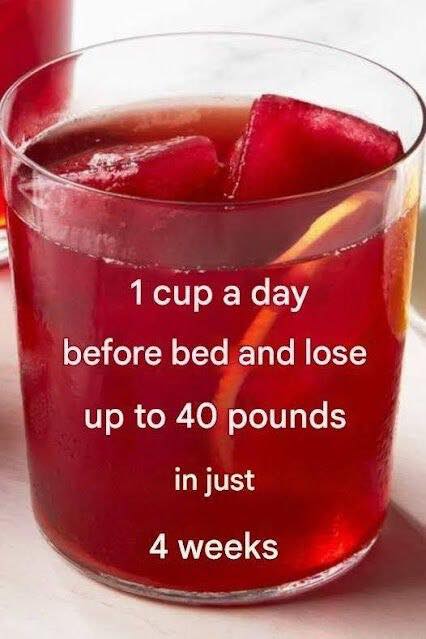Imagine shedding 12 pounds in just 3 days. Sounds incredible, right? But before you jump on the bandwagon, it’s crucial to understand the hidden dangers behind such rapid weight loss. While it may seem like a miracle, this extreme approach is far from safe.

Losing 5.5 kg (12 Pounds) in Just 3 Days: The Dangers of Extreme Weight Loss Methods
The idea of shedding 12 pounds in just three days can be incredibly tempting for those eager to lose weight fast. But before you jump on the latest extreme diet trend, it’s essential to understand how such drastic results are achieved—and why they come with serious health risks. While these rapid methods might seem effective in the short term, they are neither sustainable nor safe. Let’s break down how these rapid weight loss techniques work and why they’re best avoided.
How Rapid Weight Loss Happens
1. Severe Caloric Restriction
What It Is: Slashing your daily calorie intake to extreme levels (e.g., only consuming 500–800 calories per day).
Why It Works: By significantly limiting calories, your body begins to burn stored energy, such as glycogen, fat, and muscle tissue.
Reality Check: A large portion of the initial weight lost comes from water and glycogen, not fat.
2. Extreme Diets (Juice Cleanses, Detox Plans, etc.)
What It Is: Replacing regular meals with liquids like juices, teas, or broths that are marketed as “detox” plans.
Why It Works: These extreme diets drastically cut calories and eliminate solid food, leading to rapid water and glycogen loss.
Reality Check: Your body doesn’t need detoxing—the liver and kidneys naturally handle that. These diets can deprive you of vital nutrients.
3. Diuretics or Water Manipulation
What It Is: Using diuretics, cutting sodium, or dehydrating the body to quickly shed water weight.
Why It Works: By manipulating water balance, the body rapidly loses water, causing a temporary drop in weight.
Reality Check: This is not fat loss. Dehydration can lead to serious health complications like kidney damage, dizziness, and electrolyte imbalances.
4. Colon Cleanses or Laxatives
What It Is: Using laxatives, enemas, or colon-cleansing products to clear the digestive system.
Why It Works: These methods empty the intestines, leading to temporary weight loss by expelling waste and water.
Reality Check: This disrupts gut health, can cause dehydration, and may lead to nutrient deficiencies or dependency on laxatives.
5. Intense Exercise + Severe Dieting
What It Is: Combining hours of intense exercise with a very low-calorie intake.
Why It Works: This creates a large caloric deficit, burning calories at an accelerated rate.
Reality Check: Overtraining and inadequate fuel can cause exhaustion, injury, and metabolic damage.
Why Losing 5.5 kg (12 Pounds) in 3 Days is Not Safe
1. Most Weight Loss is Water, Not Fat
Rapid weight loss often results in a loss of water, glycogen (stored carbs), and some muscle tissue—not fat. True fat loss requires time and consistency.
2. Nutrient Deficiencies
Extreme diets deprive you of essential nutrients like proteins, fats, vitamins, and minerals, leaving you vulnerable to weakened immunity and impaired bodily functions.
3. Muscle Loss
Without sufficient protein and calories, your body breaks down muscle tissue for energy, reducing strength and slowing metabolism.
4. Metabolic Slowdown
Severe calorie restriction can push your body into “starvation mode,” slowing down your metabolism. This makes future weight loss more difficult and can lead to long-term weight gain.
5. Dehydration Risks
Methods like diuretics or low-carb diets may cause dehydration, resulting in dizziness, fatigue, kidney issues, or even heatstroke.
6. Mental and Emotional Strain
Extreme dieting often leads to feelings of deprivation, irritability, and an unhealthy obsession with food. This can increase the risk of binge-eating or develop disordered eating habits.
7. Unsustainable Results
Rapid weight loss is usually temporary. Once normal eating resumes, the lost water weight, glycogen, and fat tend to return, often leading to rebound weight gain.
Healthier Alternatives for Sustainable Weight Loss
Rather than resorting to extreme measures, focus on safe and sustainable weight loss methods that promote long-term success:
1. Adopt a Balanced Diet
Consume whole, nutrient-dense foods like fruits, vegetables, lean proteins, whole grains, and healthy fats. Minimize processed foods that are high in sugar and unhealthy fats.
2. Create a Moderate Caloric Deficit
Aim for a moderate deficit of 500–750 calories per day, which typically results in a safe, gradual weight loss of 0.5–1 kg (1–2 pounds) per week.
3. Stay Hydrated
Drinking enough water throughout the day supports metabolism, digestion, and overall well-being.
4. Exercise Regularly
Incorporate both strength training and cardio into your routine to build muscle, burn calories, and improve metabolism.
5. Prioritize Sleep and Stress Management
Good sleep and managing stress are critical for balancing hormones that regulate hunger and weight, making weight loss more achievable.
6. Be Patient and Consistent
Sustainable weight loss is a gradual process. Focus on small, consistent changes that lead to lasting results instead of quick fixes.